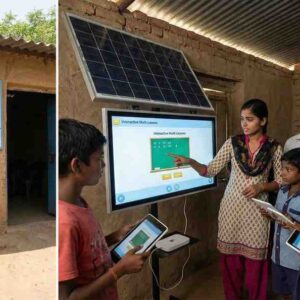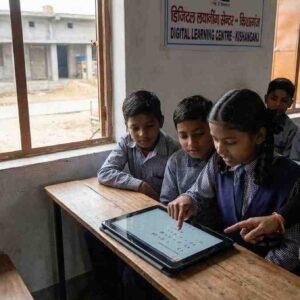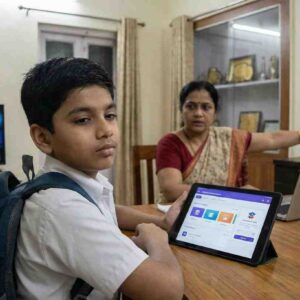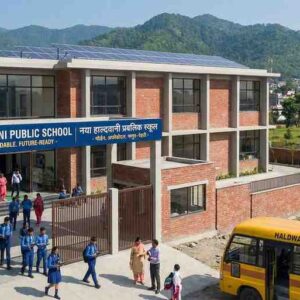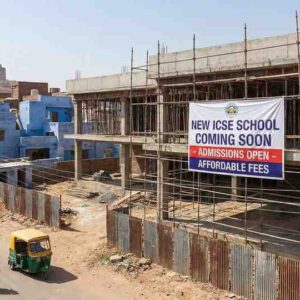New Delhi, India – 2025
The National Education Policy (NEP) 2020 is radically reshaping India’s educational landscape, cutting through traditional metrics and placing an unequivocal emphasis on learning as the cornerstone of school success. This transformative policy boldly challenges the long-held paradigm that equated the quality of schooling with the magnitude of its infrastructure. Here’s an incisive look at why, under the NEP, academic rigor and innovative learning strategies are taking precedence over conventional school standards.
Decoupling Quality from Quantity
Academic Rigor over Acreage:
The NEP dismantles the outdated belief that a school’s worth is measured by its sprawling playgrounds and towering edifices. Instead, it asserts that true educational quality is gauged through rigorous academic outcomes and the cultivation of critical thinking skills. Schools are now being tasked to shift their focus from flaunting vast physical spaces to fostering profound intellectual environments.
Innovative Pedagogy Takes Center Stage:
Gone are the days when rote learning could dominate educational methodologies. The NEP mandates a dynamic overhaul of teaching strategies, championing innovative pedagogy that promotes creativity, problem-solving, and adaptability among students. This shift is not merely progressive; it’s revolutionary, setting a new benchmark for what it means to teach and learn in the 21st century.
Technology as the Great Equalizer
Digital Integration Over Physical Expansion:
The NEP’s forward-thinking stance on technology integration transforms digital tools from supplementary to essential. With a focus on bridging educational disparities, the policy promotes the use of technology to ensure that high-quality learning is accessible to every student, irrespective of their school’s size or location. This approach not only democratizes education but also catapults Indian schooling into the digital age.
Virtual Learning Environments:
Physical boundaries are becoming increasingly irrelevant in the NEP’s vision for the future of education. Virtual classrooms and online resources are now pivotal, breaking down the walls that once confined educational enrichment to the physical limits of school properties.
Redefining Educational Spaces
Multi-Use Spaces for Holistic Development:
The NEP advocates for the efficient use of educational spaces, where physical areas are no longer dedicated solely to traditional classroom learning or physical education. Instead, schools are encouraged to create versatile learning environments that can seamlessly transition between different educational activities, reflecting a more holistic approach to student development.
Community Collaboration:
Expanding the educational ecosystem beyond the school gates, the NEP encourages schools to utilize community resources such as local libraries, parks, and sports facilities. This not only optimizes physical space but also fosters a sense of community involvement in the educational process.
Global Perspective and Policy Impact
Aligning with Global Standards:
The NEP aligns India’s educational objectives with global best practices, which prioritize quality of learning over the quantity of learning space. This alignment not only enhances the international standing of Indian education but also ensures that Indian students are globally competitive.
Policy as a Catalyst for Change:
The NEP is not just a policy shift; it is a catalyst for widespread educational reform. It challenges schools, educators, and policymakers to reimagine education as a dynamic, interactive, and student-focused experience that transcends traditional boundaries and outdated norms.
Conclusion: A Call to Redefine Success
The NEP’s focus on learning over legacy school standards is a bold call to action. It demands a fundamental rethinking of what makes a school successful, advocating for a system where learning outcomes, student engagement, and innovative teaching are the true measures of educational excellence. This policy marks a pivotal moment in Indian education, heralding a future where learning comes first, unfettered by the physical confines of traditional schooling.




